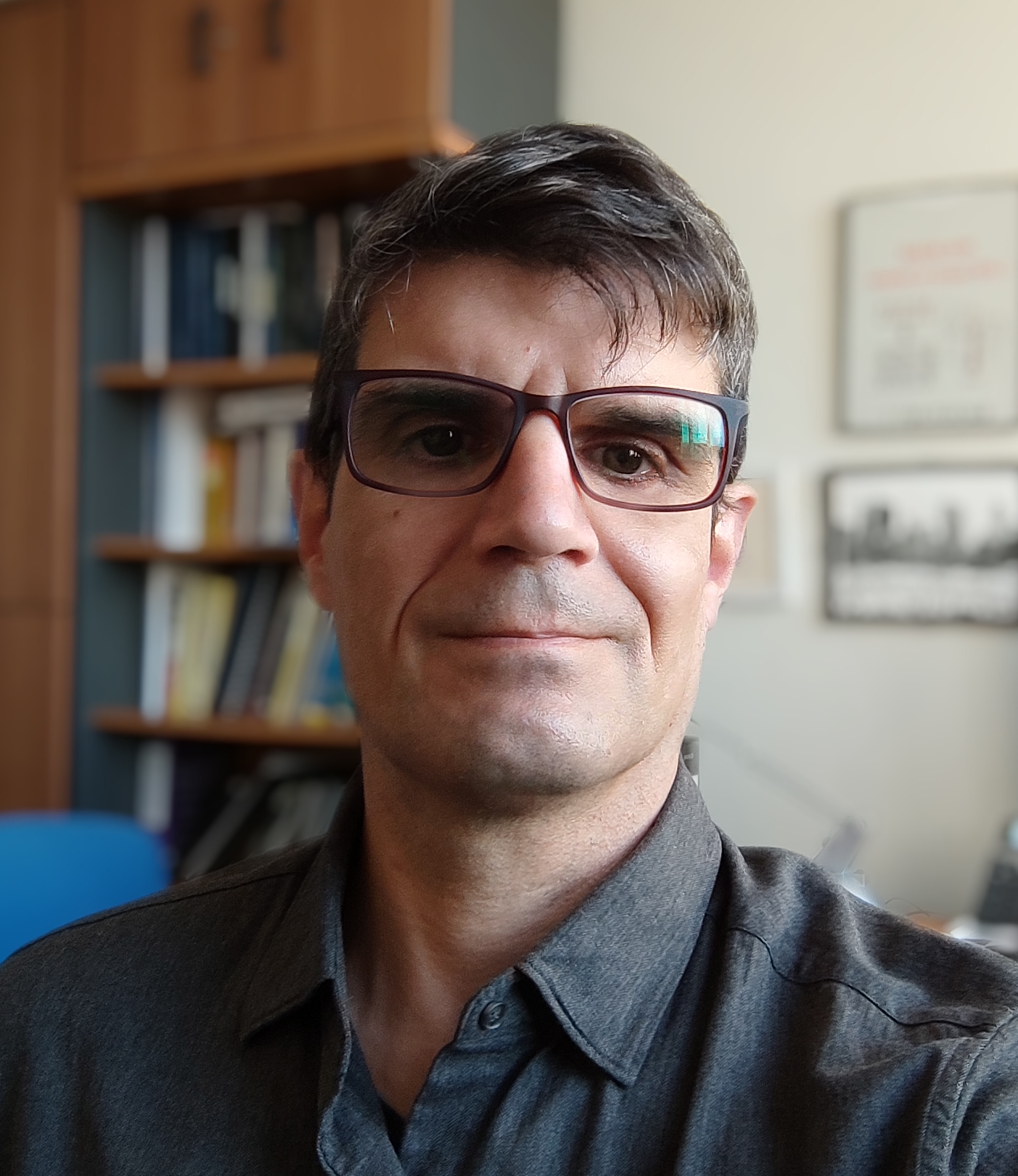Our brain is a formidable and complex machine where hundreds of millions of neurons communicate continuously, give life to our emotions, build memories and open windows for learning. The environment, the experiences we live, have an important impact on our brain and cause the structure and functioning of our neurons to change to adapt to new circumstances. It's what they call neuroplasticity. This neural plasticity is necessary for our survival, but sometimes adverse experiences such as stress, abuse or fear can produce negative changes that hijack our mind and make us more vulnerable to some mental illnesses. This is particularly important during the first phases of life, when the nervous system is finishing developing, because some of the changes induced by adverse experiences can affect the construction of neural circuits.
In this talk we will learn what neuroplasticity is, how neurons modify their connections to make us more adaptable to our environment. We will also talk about how adverse experiences, especially those that take place during childhood and adolescence (abuse, bullying, stress, isolation...), can affect our brain and sequester it within serious illnesses such as depression, anxiety or schizophrenia.
Brief CV
Juan Nácher Roselló was born in Cullera, Ribera Baixa, in 1970. He holds a degree and a PhD in Biology from the University of Valencia. He did a postdoctoral stay in the Neuroendocrinology laboratory of the Rockefeller University in New York. He currently works as a professor of Cell Biology at the University of Valencia, where he is a researcher at the Institute of Biotechnology and Biomedicine. He is also a researcher at the Spanish Network for Cooperative Research in Mental Health (CIBERSAM) and at the Research Institute of the Clinical Hospital of Valencia (IINCLIVA). He directs the Neuroplasticity Unit and his research is aimed at understanding the impact of adverse experiences on the structure and functioning of the brain, especially in the early stages of life. His laboratory approaches this problem from a multidisciplinary perspective, studying animal models and postmortem brains of patients with molecular and cellular biology tools, as well as patients with neuroimaging techniques. He has published more than 140 articles in renowned scientific journals and directed 11 doctoral theses. He has been president and secretary of the Spanish Society of Neuroscience and director of the Master's and PhD program in Neuroscience at the University of Valencia.
Juan Nácher actively participates in various scientific dissemination tasks: he has been an organizer and speaker in dissemination events such as Pint of Science, Brainshake, la semana del cerebro or Neuromascletà. He has given various lectures and written articles for dissemination in local newspapers and on the Internet. He has also been interviewed by various radio, television and Internet written media. He is the author of the dissemination book Neuroregeneració (RBA/National Geographic) translated into French and Italian, and of the dissemination blog Neuronblog.
More information
- Neurobiology unit of BIOTECMED
- Researcher group at CIBERSAM
- Neuronblog
- The professor Juan Nacher of cellular biology publishes a book addressing neuronal regenration
- A research of the University of Valencia links the social isolation in childhood with the onset of schizophrenia
- The Fallas show the Valencian research in Neuroscience
- Psychotic disorders might be caused by alterations in the extracellular matrix of the prefrontal cortex
- The University of Valencia investigates the role of perineural networks in disorders such as schizophrenia and bipolar disorder
- Proved the ability to change the structure and connectivity of interneurons in the adult brain
- Researcher Juan Nacher leads a study that shows a new form of adaptive capacity of neurons in adults
- The role of dopamine in neurons involved in some psychiatric disorders investigated
- A study of the University of Valencia and the INCLIVA shows that stress in childhood and adolescence can modify the brain
- Discovered young neurons in the cerebral cortex of adult humans
- ¿Afecta el aislamiento a nuestro cerebro?
- El maltrato en la infancia y la adolescencia afecta al cerebro
- Su viejo cerebro tiene neuronas jóvenes, pero ¿para qué sirven?
Social networks
Stimulating scientific vocations is a project of the Scientific Culture and Innovation Unit of the University of Valencia, which has co-funding from the Spanish Foundation for Science and Technology, and the Ministry of Science and Innovation.












